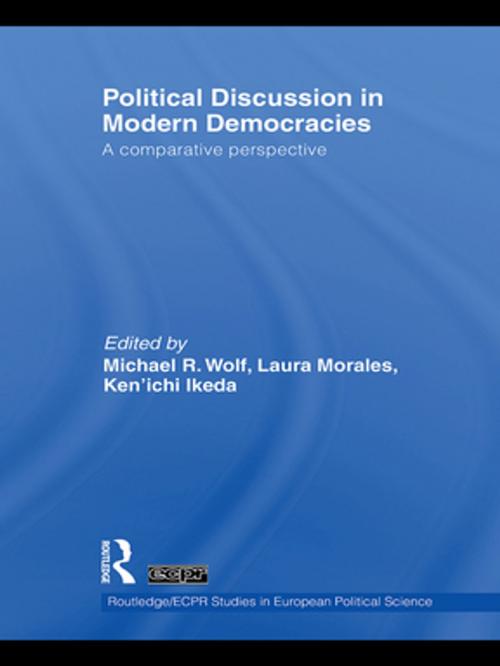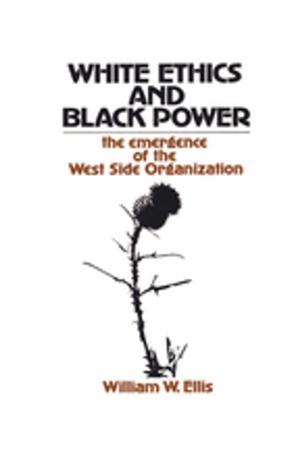Political Discussion in Modern Democracies
A Comparative Perspective
Nonfiction, Social & Cultural Studies, Political Science, International, International Relations| Author: | ISBN: | 9781136964145 | |
| Publisher: | Taylor and Francis | Publication: | June 10, 2010 |
| Imprint: | Routledge | Language: | English |
| Author: | |
| ISBN: | 9781136964145 |
| Publisher: | Taylor and Francis |
| Publication: | June 10, 2010 |
| Imprint: | Routledge |
| Language: | English |
The study of political discussion has been broken into sub-categories including deliberative democracy, discursive studies, dynamics of interpersonal communication, and discussion network analyses, with substantial numbers of books and articles covering each. However, these areas are often treated distinctly and not brought together in a comprehensive and systematic way.
Political Discussion in Modern Democracies: a comparative perspective reviews the breadth of the different literatures on political science and provides original comparative analyses of the nature of political discussion and its consequences on political deliberation and behaviour in numerous advanced industrial democracies worldwide. It is divided into two main sections that provide both a review of the field and context for the chapters that follow:
-
Part I studies deliberation and discussion as the object of analysis.
-
Part II concentrates on the consequences of political discussion and deliberation.
Covering ten countries across Europe, Asia, and North and South America, this book makes a significant contribution toward broader theories of political communication, deliberative democracy, discussion networks, and political behaviour. It will be of interest to scholars of comparative politics, political communication, political behaviour, governance and democracy.
The study of political discussion has been broken into sub-categories including deliberative democracy, discursive studies, dynamics of interpersonal communication, and discussion network analyses, with substantial numbers of books and articles covering each. However, these areas are often treated distinctly and not brought together in a comprehensive and systematic way.
Political Discussion in Modern Democracies: a comparative perspective reviews the breadth of the different literatures on political science and provides original comparative analyses of the nature of political discussion and its consequences on political deliberation and behaviour in numerous advanced industrial democracies worldwide. It is divided into two main sections that provide both a review of the field and context for the chapters that follow:
-
Part I studies deliberation and discussion as the object of analysis.
-
Part II concentrates on the consequences of political discussion and deliberation.
Covering ten countries across Europe, Asia, and North and South America, this book makes a significant contribution toward broader theories of political communication, deliberative democracy, discussion networks, and political behaviour. It will be of interest to scholars of comparative politics, political communication, political behaviour, governance and democracy.















